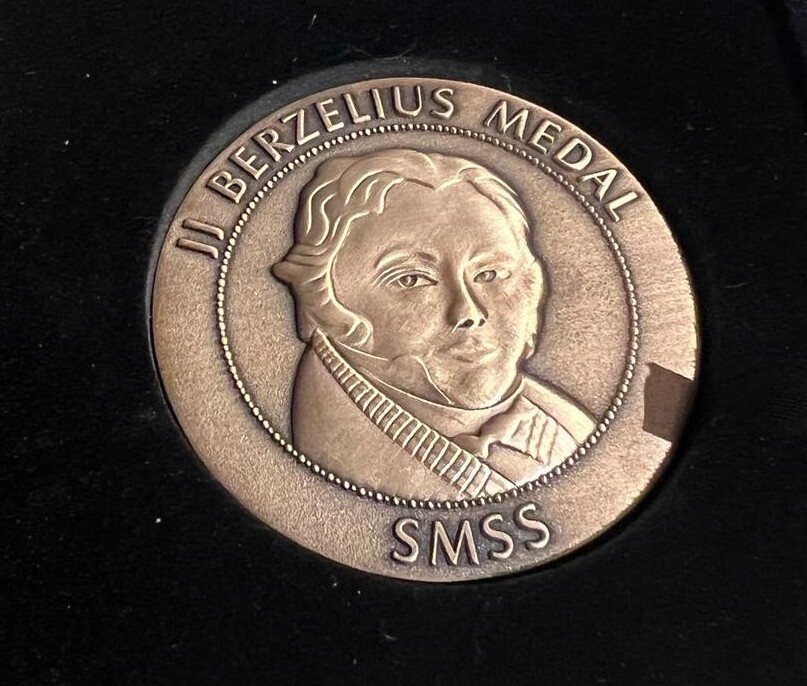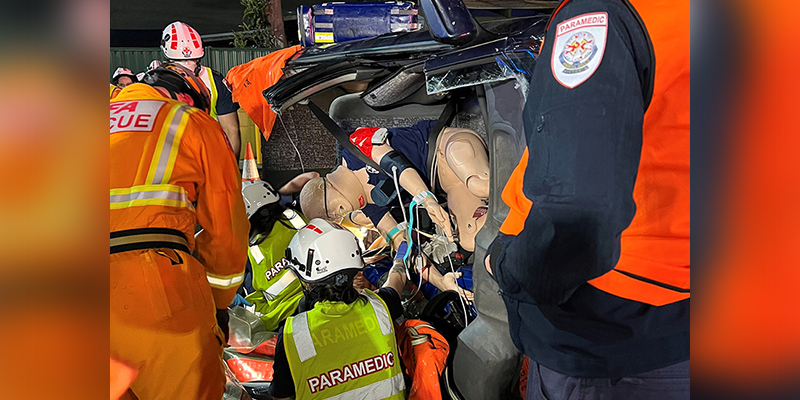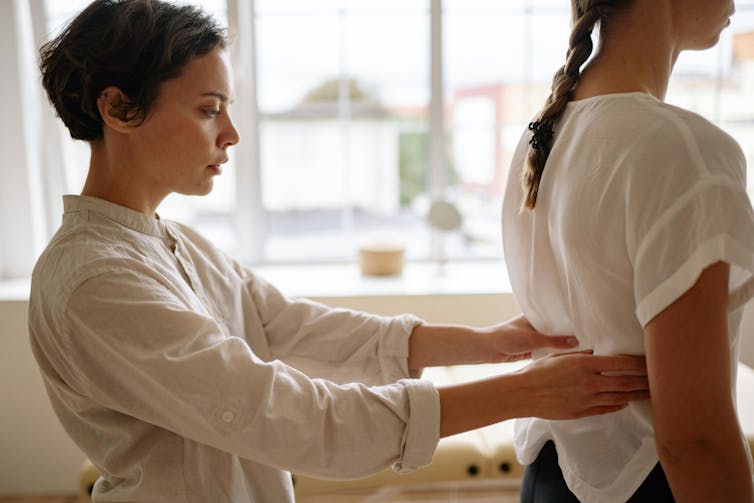With a strong background in marine science and keen interest in the surf, James Devenport always knew he wanted to work close to the ocean. When he heard about the Australian Fisheries Management Authority (AFMA) Observer Program, it sounded like a great fit for both his personal interests and career prospects. Here, James shares what inspired him to become an AFMA observer and what he loves about the job.
I’ve been an AFMA Observer for around six months. As a keen teenage surfer, I wanted to work close to the ocean, so I pursued a marine biology degree at Flinders University and completed Honours at Adelaide University. I specialised in freshwater fish ecology, which I was introduced to during an internship with the South Australian Research and Development Institute’s Aquatic Sciences Centre. Prior to becoming an AFMA Observer, I worked in the aquaculture industry for a company that produces abalone and oyster spat. In this role I gained animal husbandry experience in the abalone and oyster hatcheries and on two land-based abalone farms.
I heard about the AFMA Observer Program through a friend who is also an AFMA Observer. Hearing about his experience working with unusual marine life around Australia and further abroad is what encouraged me to apply. I still surf regularly and it keeps me motivated as an observer to ensure the marine environment is used responsibly.
The majority of my trips have been in the Commonwealth Trawl Sector (CTS) in southern NSW and Victoria. I enjoy working in this fishery because there is a wide range of species to sample and identify. A lot of my work in the CTS has focused on collecting data and biological samples from different quota species, which contributes to AFMA’s management of fish stocks. I find it rewarding to contribute to that in some way.
The longest I’ve been at sea is five weeks on a trip out to the East Coast Deepwater Trawl Sector (ECDTS) near Lord Howe Island, and the High Seas Fishery. Starting in the ECDTS, the vessel targeted a species that schools above seamounts at night. I worked from sunset to sunrise. The shots lasted for about an hour, making the work fast-paced. The High Seas fishing differed as the vessel targeted different species above flat bottom. Most of the shots lasted 12 hours and I focused on identifying bycatch species.
The best moment I’ve experienced as an observer was during my first trip. I was on a demersal longline vessel in the Coral Sea Fishery for 10 days. We were fishing in shallow water where the majority of fish caught were brightly coloured, and unlike those found in more southern waters. On the final day, we moved into deeper water and there was a distinct change in the type of species caught. The change was quite drastic and it was great to experience firsthand.
The most challenging thing is how independent and prepared you have to be. While deployed at sea, there is often no phone signal or internet connection. Observers are trained in our duties, but we also need to understand the protocols and people on every vessel we work on.
——————-
AFMA places observers on Commonwealth commercial boats in many Commonwealth fisheries to collect unique, accurate and reliable data on fishing operations, catches, and interactions with the marine environment by the vessel and its fishing gear.








